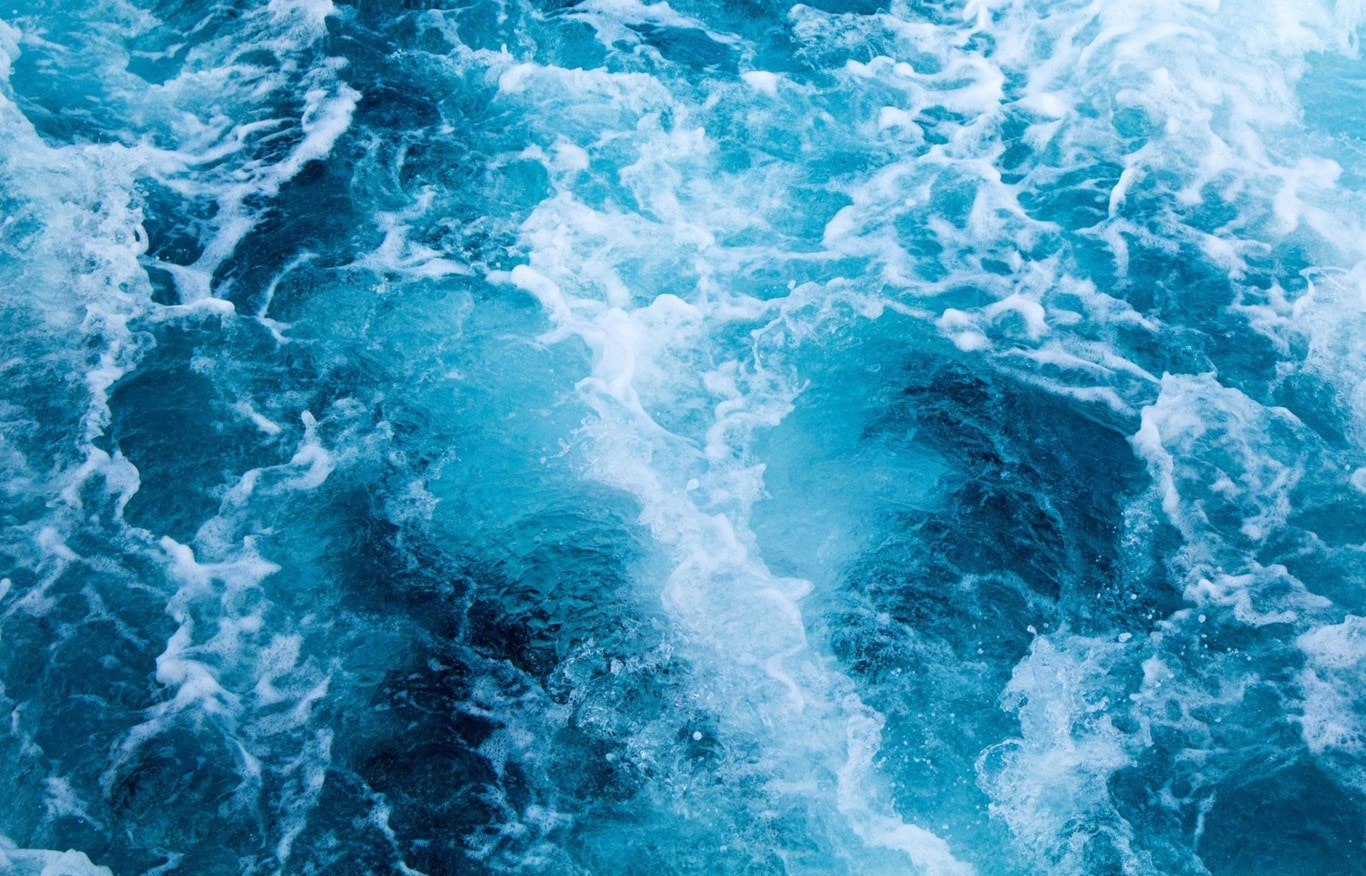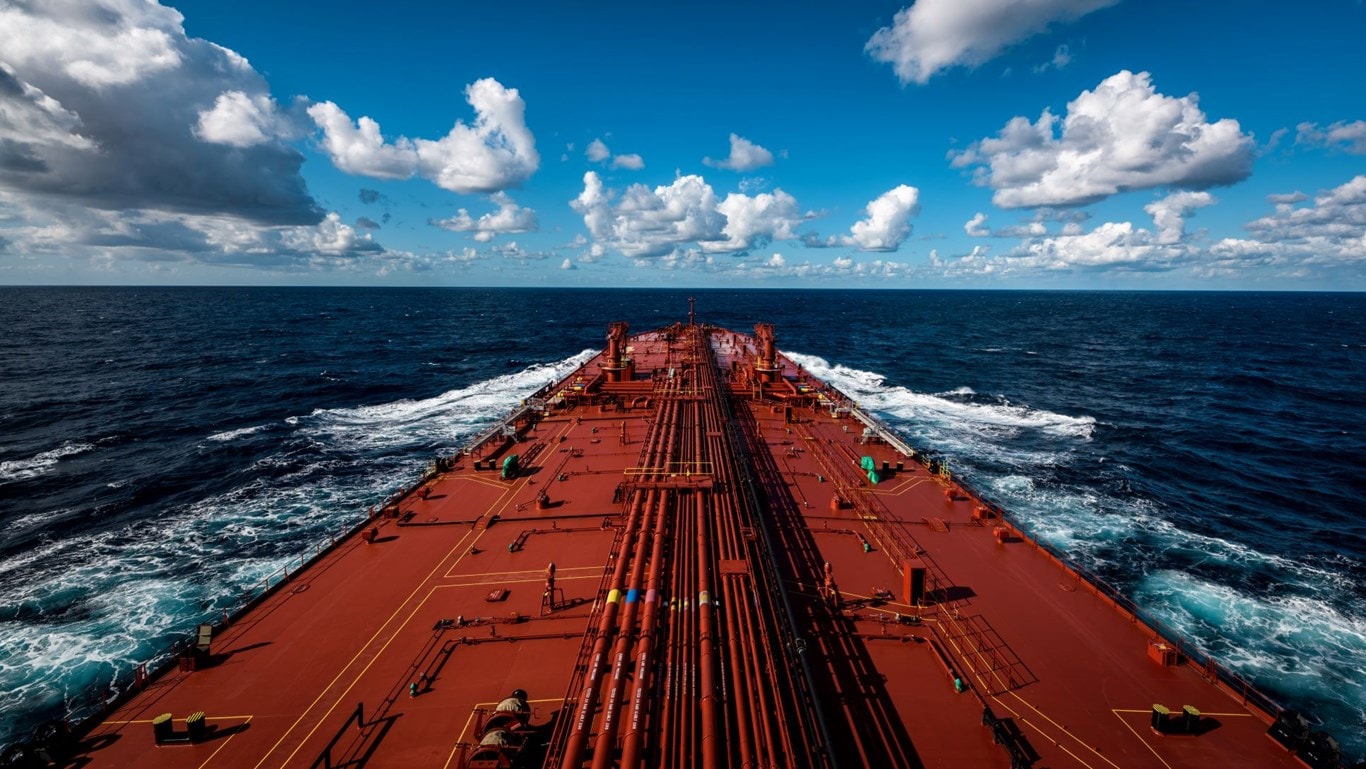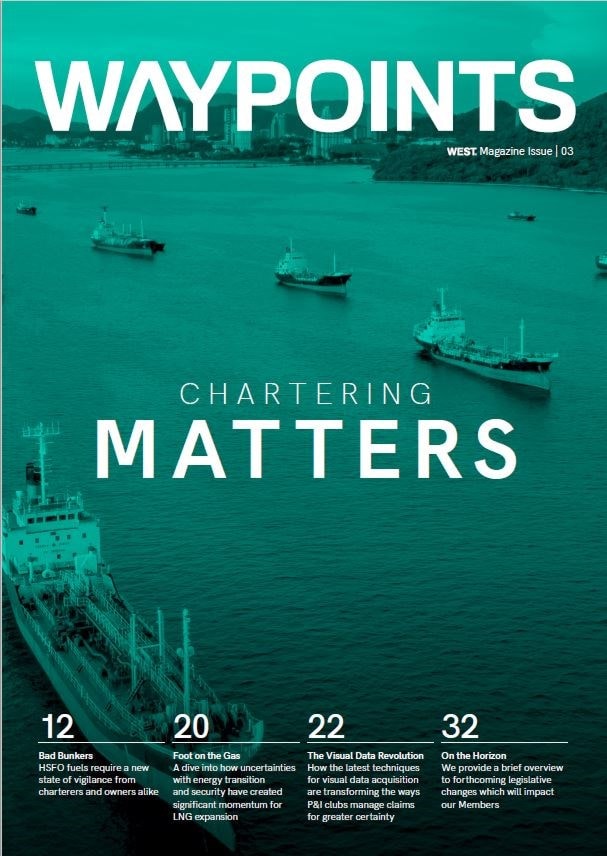Briefcases - Waypoints Issue 03
We look at the details of some recent cases, discuss the lessons to be learnt and examine the consequences and potential implications of each decision.
London Arbitration 6/19
Upon completion of a voyage from
South Africa to China, the charterers
brought a claim against the owners for
breach of the vessel’s performance
warranties. Good weather was
described by the charterparty as
follows: “Good weather conditions
are understood to mean wind speeds
of maximum Beaufort force 4 (11-16
knots) and total-combined (sea and
swell) significant wave height confined
to limits of Douglas sea state 3 (0.5 –
1.25 meters) with no adverse currents
and no influence of swell)…Should
there be a discrepancy between the
vessel’s deck logs and oceanroutes,
both parties shall discuss in good faith
to assess nature of such discrepancies
for a mutual agreement”.
The disputes
The express reference to this particular range of significant wave heights of 0.5-1.25m was, according to the charterers, not consistent with Douglas Sea State 3 (DSS 3), which they argued also included conditions where swell heights reached 2 meters. Owners on the contrary argued that DSS 3 meant a wave height of 0.5 – 1.25m. Charterers also deducted 0.04 knots from the vessel’s speed on account of an average 0.04 knot for benefiting from positive following currents. There were also a number of discrepancies between the weather recorded in the vessel’s logs and that reported by the charterer’s weather routing company.

Held:
- Significant wave height and Douglas sea state: Given that the clause actually defined the height of the waves to a maximum of 1.25m, the tribunal sided with the owners and rejected the charterer’s argument that good weather days could include waves of up to 2 metres.
- No adverse currents: The good weather analysis did not allow to deduct from the average good weather speed any factor in respect of favourable currents, thus confirming the majority of awards on this issue.
- Discrepancies in recorded weather: in the absence of evidence that the weather reported in the logs was falsified or deliberately exaggerated, the tribunal preferred the wea
Why does this decision matter?
There is a debate as to whether Douglas Sea State 3 means a combined wave height (combination of both wind-driven waves and swell) of 1.25 meters, or a combined wave height of up to 2.0 meters. Mariners believe that equating the Douglas Scale to a combined wave height is questionable in view of the separate terms for sea and swell in the Douglas Sea Scale.
Although there have been attempts to equate the descriptions used in the Douglas Scales to precise wave heights, there is no internationally recognised definition or official status for any of the Douglas Scales. Members should therefore be careful when using the Douglas Sea Scale when defining good weather in the performance warranty.
This award also confirms the majority opinion of London tribunals on the definition of “no adverse currents” as well as the longstanding view of arbitrators in London on their preference for the weather reported in the vessel’s logs over the charterer’s weather routing company. Charterers should therefore be aware that their weather report cannot necessarily be relied on to successfully bring a claim.
Click here for further information on this subject and read our circular:
-
Speed and consumption claims in a nutshell PDF (190.7 KB)
London Arbitration 4/22
Facts:
The vessel was chartered to discharge coal in China and arrived at the discharge port on 4 March 2020. Upon arrival, three pilots attended on board. The crew checked each pilot’s temperature and all three were alleged to have been found with temperatures in excess of 37.5°C which exceeded the maximum allowed by the owner’s company policy. As a result, the master required the pilots to have their temperature taken again with a mercury thermometer.
The pilots refused to comply with that request and disembarked the vessel which resulted in a standoff, as the pilotage company refused to send further pilots on board until the owners issued a formal apology for the master’s actions. On 6 March the head owners sent an apology, which was accepted by the pilotage company who sent replacement pilots to board the vessel on 13 March to bring it into berth.
Was the ship off hire between 4 March until new pilots boarded on 13 March?
The relevant provisions of the charterparty were as follows:
8. The Captain shall prosecute his voyages with due despatch and shall render all customary assistance with the ship’s crew and boats. The Captain (although appointed by the Owners) shall be under the orders and directions of the Charterers as regards employment and agency …”
15. “In the event of loss of time from deficiency and/or default of officers or crew … or by any other similar cause preventing the full working of the vessel, the payment of hire and overtime, if any, shall cease at the time thereby lost”.
Held:
Clause 15: there was no “default of officers or crew”. The master and third officer were clearly seeking to implement company policy rather than refusing to discharge their duties owed to the shipowners.
Clause 8: The refusal of the master to allow the pilots to remain on board and, more generally, to proceed to berth on 4 March was a failure on the part of the owners to follow the charterer’s legitimate orders and directions in breach of clause 8. The tribunal held that there was no risk to the ship, crew or cargo in those orders to justify the action of those on board the vessel and the delay that resulted from those actions. A general fear of Covid-19 did not provide the owners with carte blanche to refuse to perform under the charterparty, nor did it entitle them to unilaterally implement a temperature policy without notice to, or the agreement of, the charterers.
Why does this decision matter?
This is the first reported decision on Covid 19. Although this award may seem harsh for owners, this decision shows that tribunals may not find that Covid 19 is a blanket excuse for disobeying the charterer’s orders.

Click here for further information on this subject and read our circular:
-
Off-hire in a nutshell PDF (241.3 KB)
The Eternal Bliss (the return): claiming damages beyond demurrage
The Commercial Court’s decision was previously reported in our first edition of Briefcases. In the ‘Eternal Bliss’ case,
the voyage charterer failed to discharge a cargo within the time allowed (laytime). As a result of the delay, and while
the ship was on demurrage, the cargo deteriorated. This exposed the shipowner to a cargo claim from the receivers.
Held:
The Court of Appeal reversed the Commercial Court’s decision and held that it was not possible for the shipowner to claim in addition to demurrage an indemnity against the charterer for the costs of the cargo claim
Why is this decision so important?
This decision confirms the long standing position that demurrage is the only remedy and that in order to claim additional damages an owner had to prove both:
1. A separate type of loss, and;
2. A separate breach of contract distinct from the failure to load or discharge the ship within the laytime.
Lesson to be learnt
If an owner in a voyage charter wishes to claim damages for a separate type of loss (other than time lost), they will have to incorporate a bespoke clause triggering the breach.
For example, an owner may want to include a “hull fouling” clause to protect its position in case of a prolonged stay.

Julien Rabeux
Head of Claims (Singapore),
West P&I
Julien is Head of Claims in West P&I's Singapore Office. He studied law in France and England and subsequently qualified as a solicitor in a London shipping law firm. Julien was based in West P&I's Hong Kong Office for 5 years, before moving to Singapore when the Club launched its office there. Prior to joining the Club, Julien worked for another IG Club in London for 7 years.

